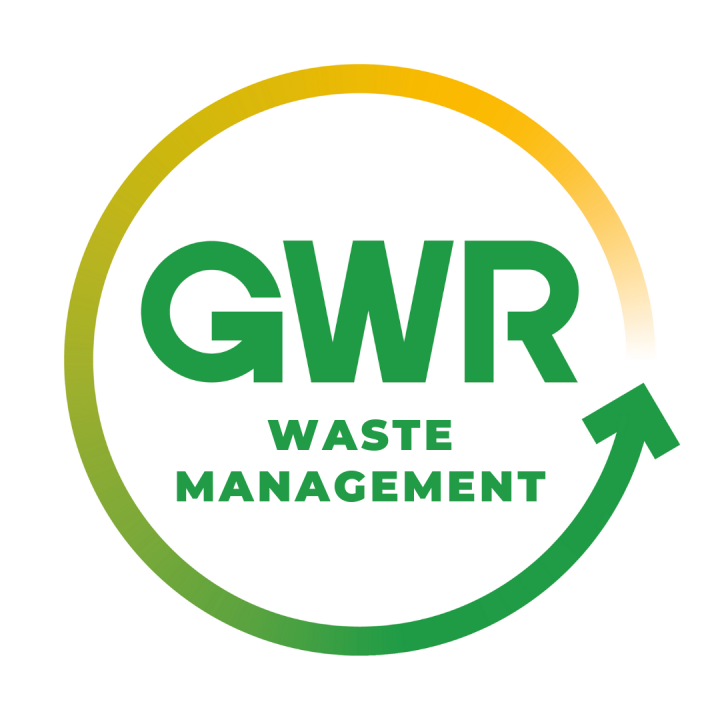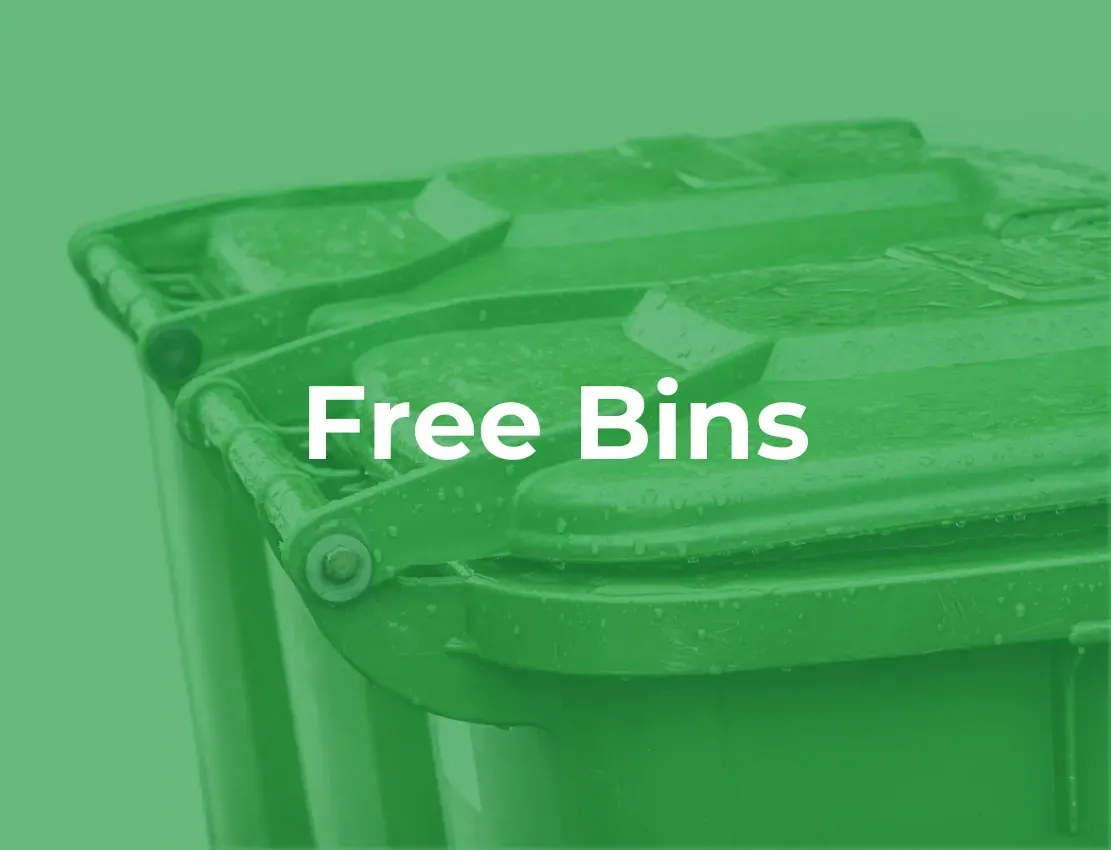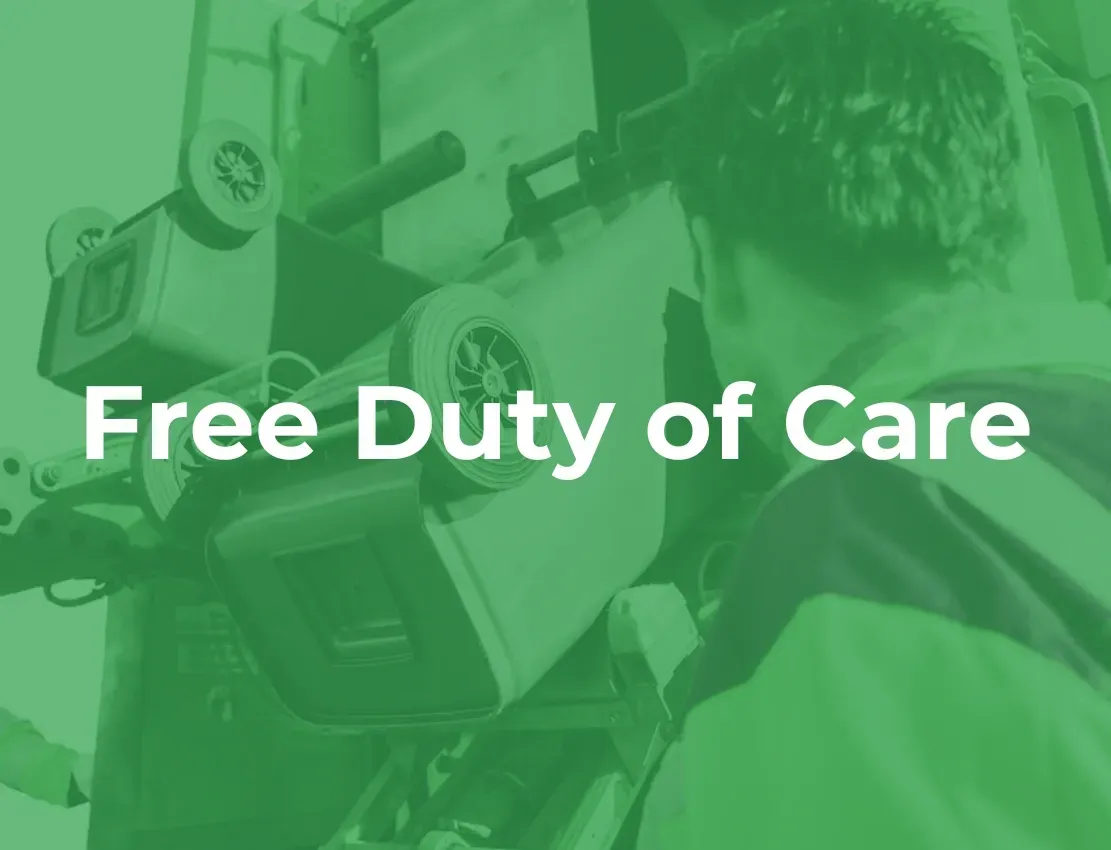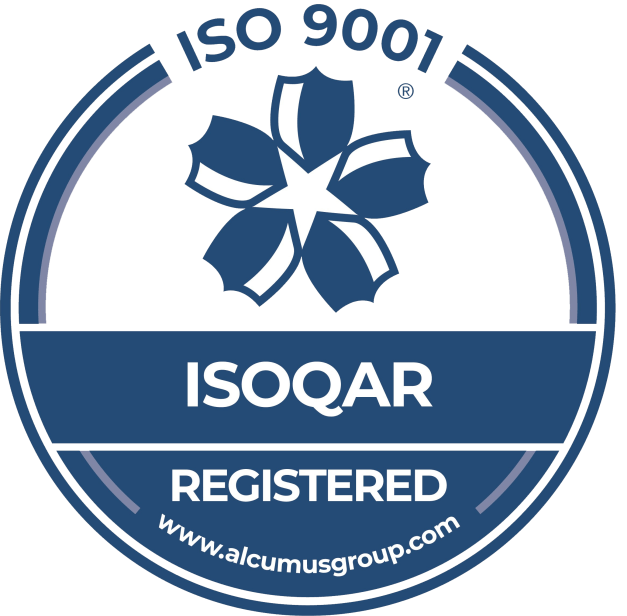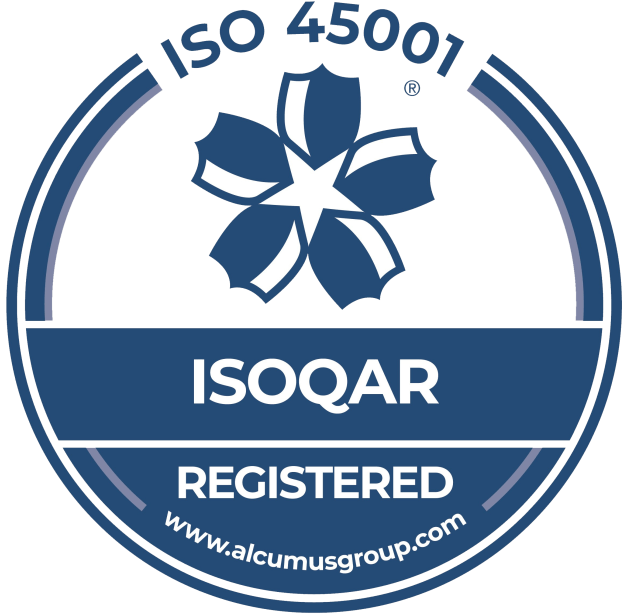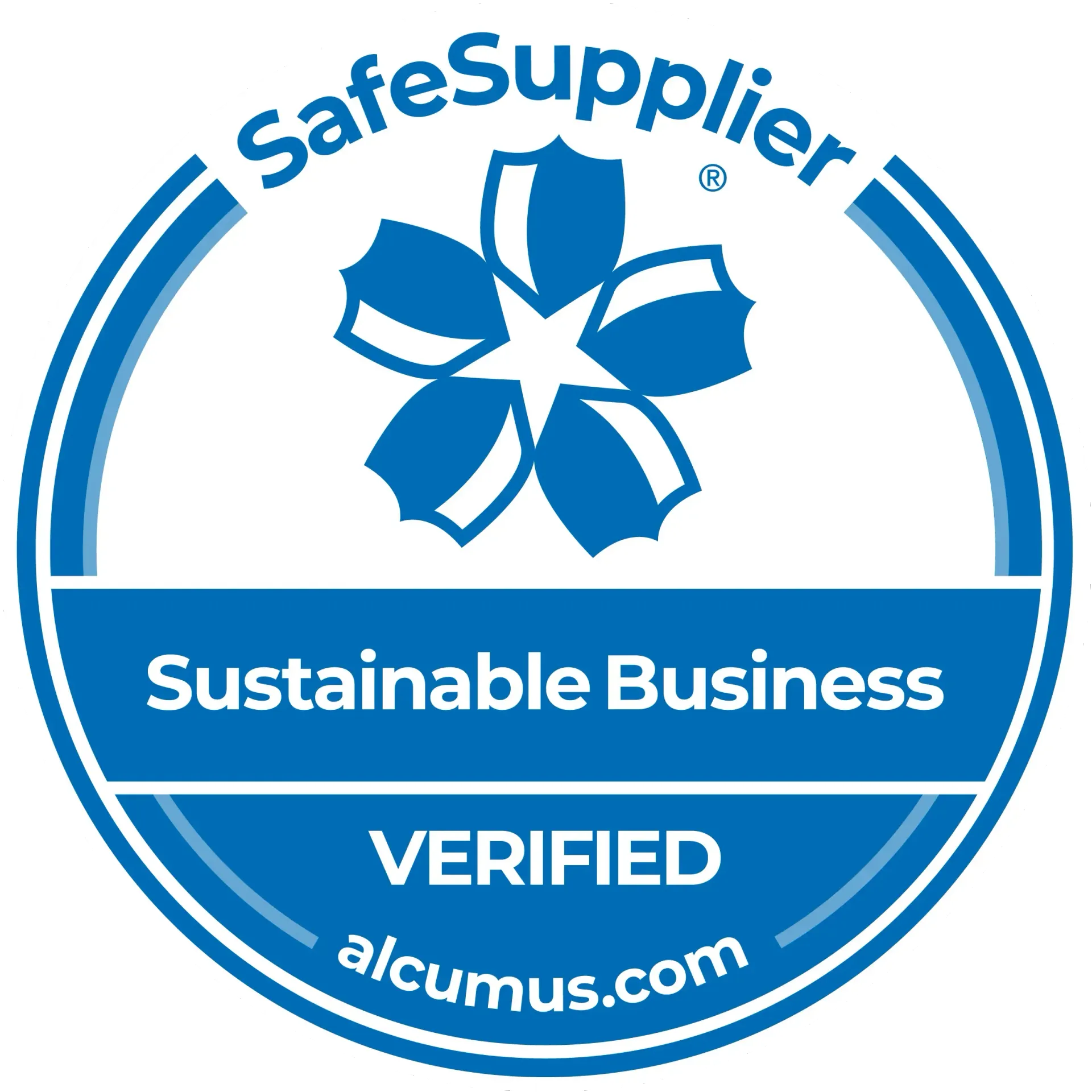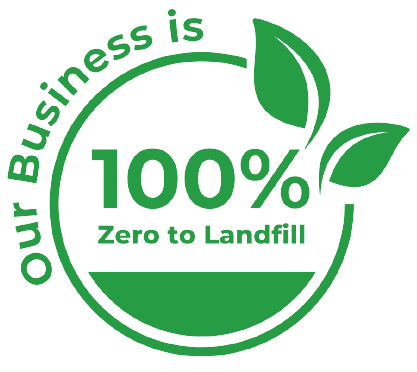Battery Waste
Nationwide Battery Collection and Recycling
Battery Collection Services Nationwide
Every day we use batteries, sometimes without even knowing it. You find them in your watches, smart phones, calculators, laptops and a whole host of other products. In 2020, 40,000 tonnes of batteries were sold and only 18,000 tonnes were recycled. This is less than 50%. The other 50% that are not disposed of correctly end up in landfill sites where toxic metals can enter the waste stream harming the environment.
When a battery is disposed of in the correct way valuable metals can be recovered and used in new products, for example, cutlery, cookware, new batteries and even a new set of golf clubs.
GWR Waste Management are here to help you with the secure and safe disposal of your batteries. We work within government guidelines and can help you develop a battery recycling plan that suits your business needs. We provide you with a range of different battery recycling bins and organise collections to minimise the amount of batteries you have stored in your workplace.
What Are The Different Types Of Batteries?
Ni-MH (Nickel Metal Hydride)
Nickel Metal Hydride performs well in high drain devices and can be recharged up to 1,000 times. It’s cadmium-free, but can be pricey.
Ni-MH batteries can typically be found in cordless power tools, digital cameras, two-way radios and cordless phones.
Ni-Cd (Nickel Cadmium)
Nickel Cadmium is the least expensive of secondary/rechargeable batteries, and can be recharged up to 1,000 times. Cadmium can be toxic to the environment and should be recycled. Ni-Cd can typically be found in cordless power tools, digital cameras, two-way radios and cordless phones.
SSLA/Pb (Small Sealed Lead Acid)
Small Sealed Lead Acid (SSLA/Pb) batteries are simple to manufacture and have one of the lowest discharge rates of any rechargeable battery.
SSLA/Pb can typically be found in emergency devices, emergency exit signs, security systems, mobility scooters and UPS back-ups.
Li-lon (Lithium Ion)
Lithium Ion has excellent performance in high drain devices, though it can be considered expensive.
Li-Ion can typically be found in cell phones, laptops, two-way radios, and cordless power tools.
Primary/Single Use
Primary/Single-Use batteries cannot be recharged and must be disposed of once they wear out. Alkaline, lithium, silver oxide, zinc-air, zinc-carbon, and zinc-chloride, commonly known as AA, AAA, 9V, D-cell, and button cell are all types of primary batteries.
Primary/Single-Use batteries are most commonly used in low-drain devices, such as flashlights, clocks, watches, remote controls, and smoke detectors.
Can Incorrect Disposal Of Batteries Cause Harm To The Environment?
As we rely more and more on electronic devices the demand for batteries increases. It would be very easy to just throw your batteries into general waste but the components in batteries are huge pollutants and pose a serious risk to the environment.
A battery contains one or more of the following metals: Lithium, mercury, silver, manganese, zinc, nickel and cadmium. These chemicals are extremely toxic – to us and the environment.
As batteries decompose in landfill sites, the photochemical reaction causes the emission of greenhouse gases. As we are all well aware this results in global warming and climate change.
The harmful chemicals found in batteries can also find their way into the local water supply, killing animals and plants which have a negative effect on the ecosystems of rivers, streams and lakes. People who drink contaminated water also risk their health. It's also a risk when eating fish who inhabit polluted waters.
Most batteries will end up in landfills instead of being recycled or disposed of properly. The danger here is the toxic chemicals are absorbed by the soil. Once they leak into the surrounding areas, that’s where the devastating effects take place.
